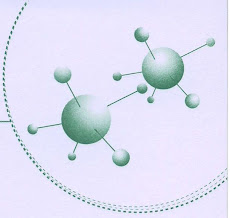The brain requires youthful levels of certain hormones to facilitate cell energy metabolism, maintain poor levels of acetyl-choline, and protect brain cell membrane function. As a result, ageing persons often require some hormone replacement to achieve the requisite levels.
HGH (Human Growth Hormone) improves brain cell activity and enhances memory. The daily production of HGH drops from age 26 onwards. Current findings suggest that HGH enhances memory by facilitating the induction of neural plasticity, a condition that permits the neurons (nerve cells of the brain) to change in order to record new memories. HGH is like thyroid, estrogen, testosterone, progesterone, melatonin or DHEA has been shown to help preserve youthful neurological function.
Thyroid hormone deficiency can also cause neurological disturbances such as poor concentration, memory disturbances and depression.
An article in the Journal Obstetrics and Gynecological evaluated 71 postmenopausal women relative to memory function: 28 were taking estrogen hormone replacement therapy. In those taking estrogen, there was significantly better verbal memory function than in those who were not (Kampen et al. 1994).
As men age, their levels of testosterone diminish significantly. Low levels of testosterone in men may contribute to memory impairment and increase vulnerability of the brain to Alzheimer's and related disorders.
One protective mechanism provided by testosterone is against Alzheimer's disease: brain cells are protected from a toxic peptide called beta-amyloid, which can accumulate in certain regions of an ageing brain. Beta-amyloid has been implicated in the development of Alzheimer's disease. An article in Brain Research describes a study in which cultured neurons were exposed to beta-amylod in the presence of testosterone. The resulting toxicity from beta-amyloid was significantly reduced by testosterone (Pike 2001).
Cholesterol
16 years ago
.jpg)



No comments:
Post a Comment